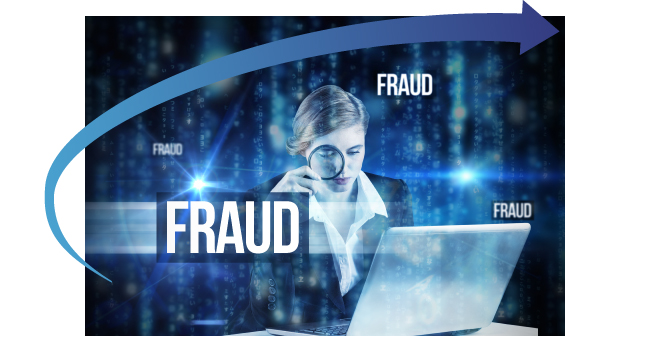- Home
- About
- Services
Organisations can be exposed to AML / CTF and Sanctions risks, appropriate processes and systems help mitigate these risks.
Expert independent assessments provide value to all stakeholders through identifying control weaknesses and gives assurance that your business processes are operating appropriately.
Helping to demonstrate compliance with applicable laws, regulations, instructions and best practices whilst reinforcing the organisations compliance culture.
DNFBP’s are defined as Real Estate Agents, Lawyers, Notaries, or independent Legal Professionals, Accountants, Dealers in Precious Metals or Stones, Trust and Company Service Providers.
Providing employees with appropriate knowledge of laws, regulations and internal processes to protect themselves and the organisation.
Helping you to identify and respond to fraudulent and unethical activities in a timely manner.
Helping to streamline internal processes by identifying areas of weakness and concern.
Risk assessments are key to any successful compliance programme by identifying control weaknesses and helping to strengthen controls.
- Management
- Contact
Fraud Investigations
The damaging impact, and increasing cost, of fraudulent activities and unethical behaviour against business is on the rise. It is crucial not only to identify fraudulent or unethical activity early, but be able to respond to these threats in a timely manner by having access to experienced and knowledgeable investigators.
At The Compliance Connection, we partner with organisations to identify and detect fraud risks and investigate allegations of fraud; as well as unethical behaviour by employees or third parties. Timely detection of such is critical to our clients and TCC prides itself on working swiftly once investigative parameters are defined.

Fraud investigations are conducted to uncover and address instances of fraudulent activities, which involve deception, misrepresentation, or illegal practices aimed at obtaining financial or personal gain. These investigations are typically conducted by specialized individuals or teams within organizations, law enforcement agencies, or private investigation firms.
The process of fraud investigations involves several key steps. First, investigators gather information and evidence related to the suspected fraudulent activity. This may involve analyzing financial records, conducting interviews with individuals involved, and reviewing relevant documents or digital data.
Once the initial information is collected, investigators assess the evidence to determine the scope and nature of the fraud. They identify potential perpetrators, victims, and any accomplices involved. Investigators may also consult legal experts and collaborate with law enforcement agencies to ensure compliance with legal requirements.
The next phase involves conducting interviews and interrogations to gather additional information and elicit statements from individuals involved. Investigators may also employ forensic techniques to analyze digital evidence or financial transactions to establish a clear picture of the fraudulent activities.
Based on the evidence collected, investigators develop a comprehensive report outlining their findings, conclusions, and recommendations. This report is typically used for legal purposes, such as prosecuting the perpetrators or pursuing civil actions to recover losses.
Fraud investigations play a crucial role in preventing and deterring fraudulent activities, protecting individuals and organizations from financial loss, and upholding the integrity of financial systems. They require a combination of investigative skills, knowledge of relevant laws and regulations, and technological expertise to effectively uncover and address fraudulent activities.

